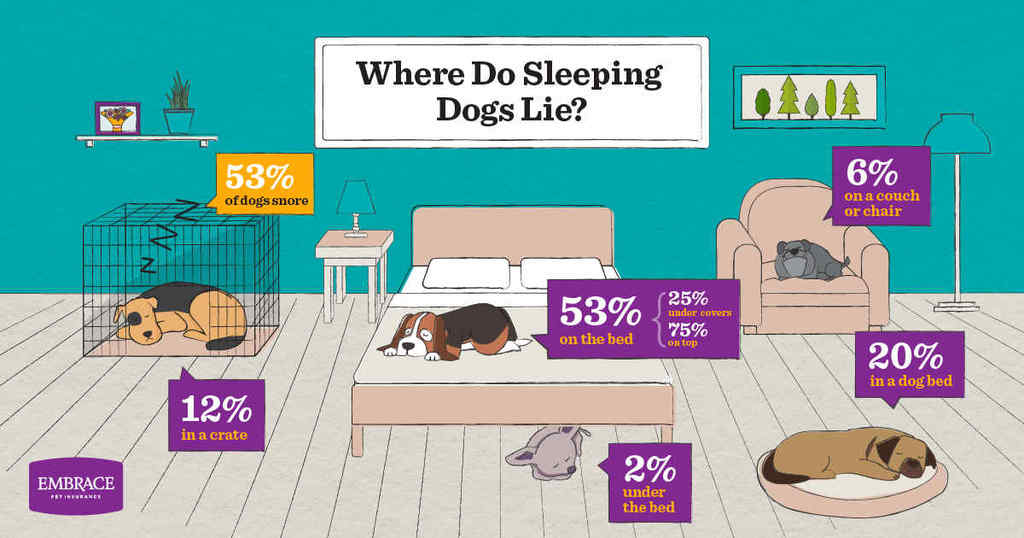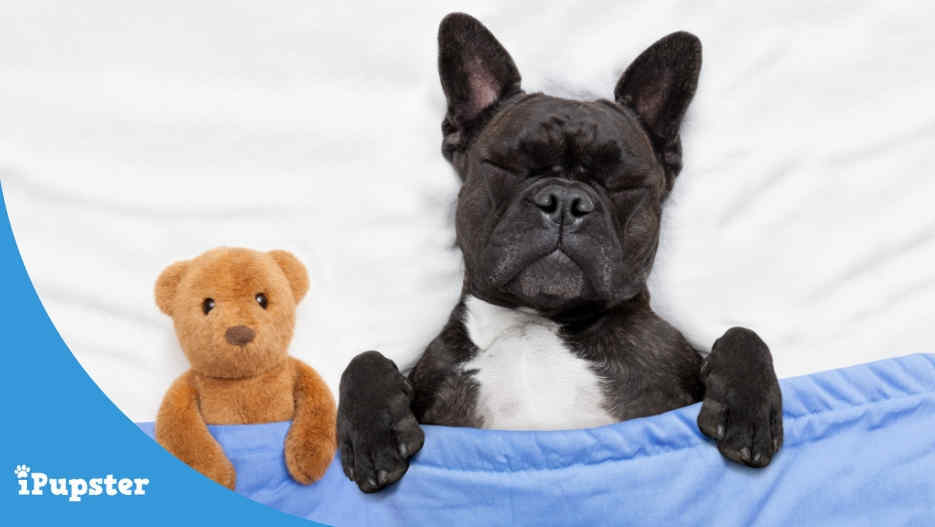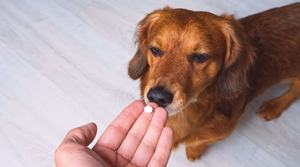As most people regard their dogs as a part of their family, and themselves as pet parents, it's only natural that they should be concerned about the basics of their fur kid's health in the same way as they are about that of their human kids.
One of the things that almost all mammals, including humans and dogs need, is sleep. Speak to a pediatrician, or even do a few quick searches on the Internet, and you'll find all kinds of good advice about how much sleep humans need at every stage of their life to remain healthy, but how about dogs.
How much sleep do dogs need, and how can you tell if they are sleeping too much - or too little?
Why Do Dogs Need Sleep?
For as much as medicine and science has advanced over the centuries, and as much as it is studied these days, sleep itself is still a bit of a mystery. However, there is ample evidence that a lack of sleep can be very bad for human health.
According to experts sleep too little and humans can become more susceptible to both physical and emotional problems of all kinds.
While there has been less research conducted into canine sleep it is universally assumed - and there is plenty of anecdotal evidence - that a lack of sleep can be bad for them too, while too much sleep could be a sign of an underlying illness or medical condition.
In humans, as they are physiologically similar, it is relatively easy to make general sleep need recommendations.
Babies and small children tend to need more sleep than teens, teens need a little more sleep than adults and older people may sleep more because their metabolism slows.
But can it be said to be broadly the same for dogs?
The answer here is not as clear-cut, as dogs come in so many 'shapes and sizes' and simply do not live as long as humans (unfortunately) and so the amount they need to sleep varies greatly.
A Puppy's Sleep Requirements
Just like human babies, most pet parents find that puppies sleep a lot.
They are growing - and growing at a rate far faster than their humanoid counterparts, and all that growth uses up a lot of energy.
Couple that with the fact that many puppies are often in a new environment that is very exciting and it is not unusual for puppies to sleep up to twenty hours a day.
It might not seem like they do, as many puppies do seem to be 'on the go' a lot more than their adult counterparts but if you add up all those 'little naps' they take you'll often find that yes, they really are sleeping about 16-20 hours a day.
And within those shorter sleep stints circa 10 percent of their snoozing is REM.
And according to most vets and experts they really need it, if they are going to grow up as healthy and strong as they can.
Also read: The best dog toys with a heartbeat to help puppies sleep at night
Size and Sleep
Although researchers are still not quite sure why, anecdotal evidence - and small research studies - suggests that large breed adult dogs sleep longer than their smaller counterparts.
One popular theory is that the larger breeds (like Newfoundlands, Mastiffs, St. Bernards, and great Pyrenees) simply expend more energy keeping their larger bodily systems going and therefore need more sleep than their smaller peers.
Generally, dogs can be found to sleep between 12 to 14 hours a day. According to the National Sleep Foundation,
"Overall, dogs often spend 50 percent of the day sleeping, 30 percent lying around awake, and just 20 percent being active"
Boredom and Sleep
Even the most loving of pet parents has to leave their fur kid unattended sometimes, and as long as they are safely secured that's OK.
However, dogs do get bored when alone (and some even get anxious) and so will often sleep the time you are gone away only to become overly excitable - and hard to calm - when you get home.
If you would prefer that your dog sleeps when the rest of the household does you need to ensure that if he is a one during the day he has something to stimulate him.
Toys are always a good idea, and puzzle toys can also be especially effective and engaging.
Exercising dogs and puppies at the right time can help as well.
An evening walk - after your dinner perhaps - can set your pup up for a good night's sleep and it would actually be really good for you as well!
The fact is that it is very hard to impose a bedtime on a fur kid in the same way as you might a human one, but a few changes in habits like these may help him sync his schedule with everyone else's.
Best Sleeping Places For Dogs
Research done by Embrace, a Pet Insurer, who surveyed over 10,000 pet parents revealed the best sleeping spots their furry kids prefer.
- 53 percent of pups like to share their owner's bed. Of which, 25 percent sleep under the covers and a whopping 39 percent sleep with their head on the pillow! Interestingly, another research found that owners with sleeping problems can benefit from sharing their bed with their beloved pooch.
- 20 percent prefer sleep in their own dog bed of which 53 percent of them sleep with a blanket.
- 12 percent choose to sleep in a crate of which 76% of the pups have a blanket in there with them.
- 6 percent sleep on the sofa or couch.
- Some pets surprisingly also like to sleep underneath the bed (2 percent).

Source: Embrace Pet Insurance.
Is My Dog Sleeping Too Much?
As we mentioned earlier, as they age, most dogs do slow down and may very well sleep more than they did in the past. In many ways this is perfectly normal, but new, excessive sleep can also be a sign of illness, so a check-up at the vet would be a good idea at this point.
A dog that is sleeping less than they used to may need a check up as well, especially if this new change in sleeping habits is also accompanied by a change in eating habits.
In the same way that nagging aches and pains can keep us up at night they can interfere with a dog's ability to sleep well too, and they do not really have the capacity to communicate their need for pain relief!
Do Dogs Dream?
Many pet parents have seen it many times. Their dog is asleep and but their legs are moving as if they are running or they whimper for no reason. Some people call it 'chasing rabbits'. To all intents and purposes it really looks as though their pup is dreaming. But is that really the case?
Here's a quick compilation video of the cutest little runners!
According to most experts, yes it is.
'Dream science' is not an exact one but the overriding opinion is that dreams are a way for the brain to process the activity of the day and 'reboot the brain'.
Tests performed on sleeping dogs and sleeping humans have shown similar results in regards to brain wave patterns and so it is very likely that your dog dreams in the same way that you do, just probably not about the same things!




